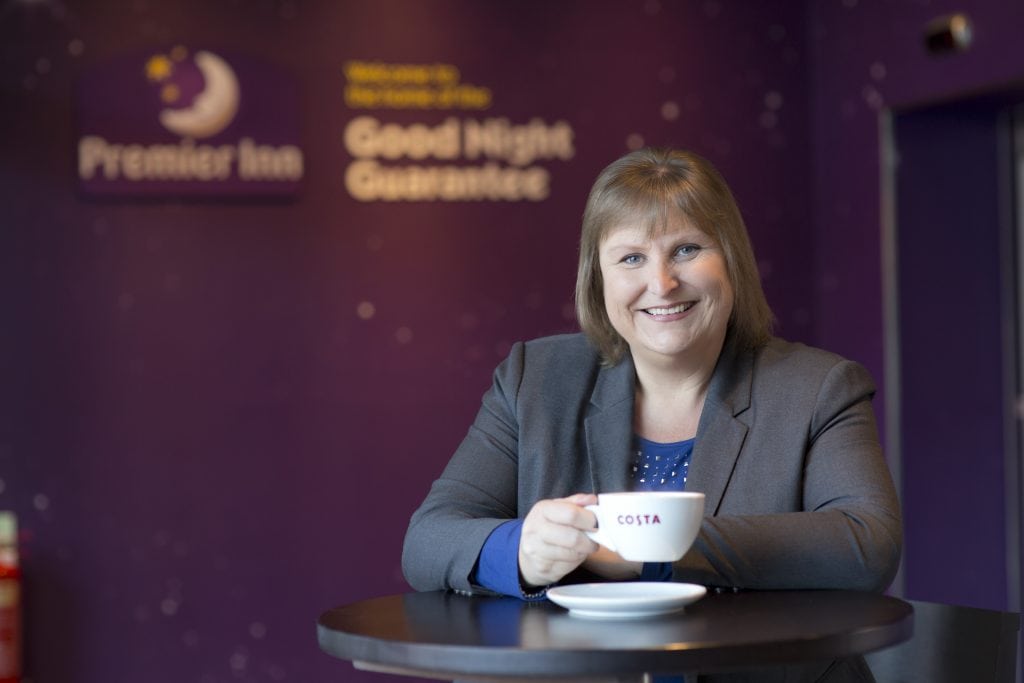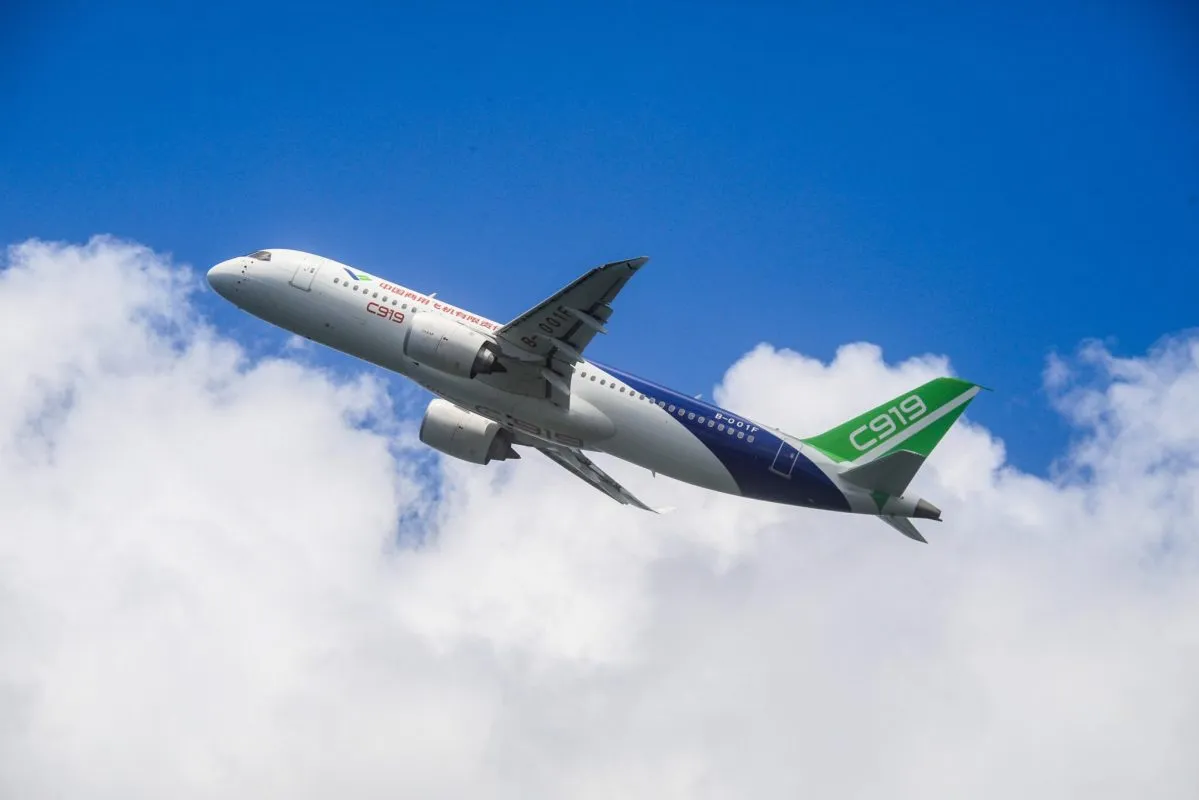Gender Diversity Is Still Massively Lacking in Travel and Hospitality

Skift Take
Take a look at the board of any listed travel company and you'll soon see most of the positions are filled by white males.
Achieving a balanced and diverse leadership team – whether that is by gender or race – still doesn't seem to be a priority for many businesses.
According to a new study, women make up only 26 percent of senior management positions in the hospitality, travel and leisure sector in the UK, but when the report excludes human resources roles, then that falls to only 20 percent.
The report, called Women in Hospitality, Travel and Leisure 2020 Review, is based on quantitative research as well as interviews with more than 100 chairmen, CEOs, human reesources directors, recruiters and graduates entering the industry. The companies surveyed are either UK-based or have a significant UK presence.
Lack of Leadership
When Carolyn McCall stepped down as EasyJet boss last November, the UK travel industry lost one of its most well-known female leaders. Elsewhere, though, Gillian Tans is the CEO of Booking.com, the largest subsidiary within the Priceline Group, and Jane Sun is the CEO of public company Ctrip in China.
Executive search firm Korn Ferry's annual CEO tracker found that UK travel companies only appointed one woman, Flybe’s Christine Ourmières-Widener, in the 2016-2017 period.
The report includes information from the Hampton-Alexander Review, which the UK government commissioned to look into the gender balance of FTSE-listed companies.
Alison Brittain at Whitbread, is the only female CEO at any of the leading 10 UK-listed travel and hospitality companies.
While five of these 10 companies had a board made-up of at least 33 percent women – a UK government target – only EasyJet and InterContinental Hotels Group had more than a third female representation on the so-called "executive pipeline", the "executive committee and those who report to members of the executive committee, the direct reports."
As of June 30, 2017, Intercontinental Hotels Group, Carnival, IAG, Thomas Cook, Wizz Air and Millennium & Copthorne had no executive women directors. However, Carnival, IHG, IAG, Wizz Air, Thomas Cook and Millennium & Copthorne have women non-executive directors serving on their boards.
Selected FTSE 100 Travel and Hospitality Companies*
| Company | Percentage of Women on the Board | Percentage of Women on the Executive Committee and Their Direct Reports | Board Size | Executive Women Directors | Total Women Directors |
|---|---|---|---|---|---|
| Whitbread | 44.4% | 29.4% | 9 | 2 | 4 |
| Merlin Entertainments | 44.4% | 18.8% | 9 | 1 | 4 |
| Intercontinental Hotels Group | 40% | 36% | 10 | 0 | 4 |
| EasyJet | 33.3% | 41% | 9 | 1 | 3 |
| TUI Group | 30.8% | 13.2% | 26 | 1 | 8 |
| Carnival | 27.3% | 16.9% | 11 | 0 | 3 |
| IAG | 18.2% | 20.5% | 11 | 0 | 2 |
Source: Hampton-Alexander Review and report
*Figures as of June 30, 2017
Selected FTSE 250 Travel and Hospitality Companies*
| Company | Perentage of Women on the Board | Percentage of Women on the Executive Committee and Their Direct Reports | Board Size | Executive Women Directors | Total Women Directors |
|---|---|---|---|---|---|
| Thomas Cook | 36.4% | 25.9% | 11 | 0 | 4 |
| Wizz Air | 20% | No Data | 10 | 0 | 2 |
| Millennium & Copthorne | 11.1% | 31.1% | 9 | 0 | 1 |
Source: Hampton-Alexander Review and report
*Figures correct as of June 30, 2017
What are the Problems?
Along with the statistical research, the report's authors also interviewed a range of people from within the travel industry.
The authors said the topic of gender diversity was "emotive" with many different viewpoints. Some interviewees warned about “alienating men,” others suggested that ethnic diversity was a "far greater challenge."
Despite the divergence of opinion, the report identified a number of barriers to progress, including:
- Male chairmen and CEOs hiring in their own likeness
- The role of unconscious bias in recruitment decisions
- A lack of celebrated female role models
- A poor record in managing the talent pipeline, resulting in a smaller female talent pool
Solutions
As is often the case, identifying the problem is easy but coming up with solutions is much harder.
"The vast majority of our respondents were adamant that the best person should get the job, irrespective of gender," the report's authors said.
The difficulty with this viewpoint is that men – and white men especially – have so many advantages in life, that they are plenty likely to be very well-qualified for any particular job.
Only two of the 100 interviewees favored any form of quota. Ufi Ibrahim, CEO of the British Hospitality Association, was one who thought they are necessary.
“If genuine change is desired it needs the introduction of quotas. It will take far too long if we wait for change to happen gradually," she said.




